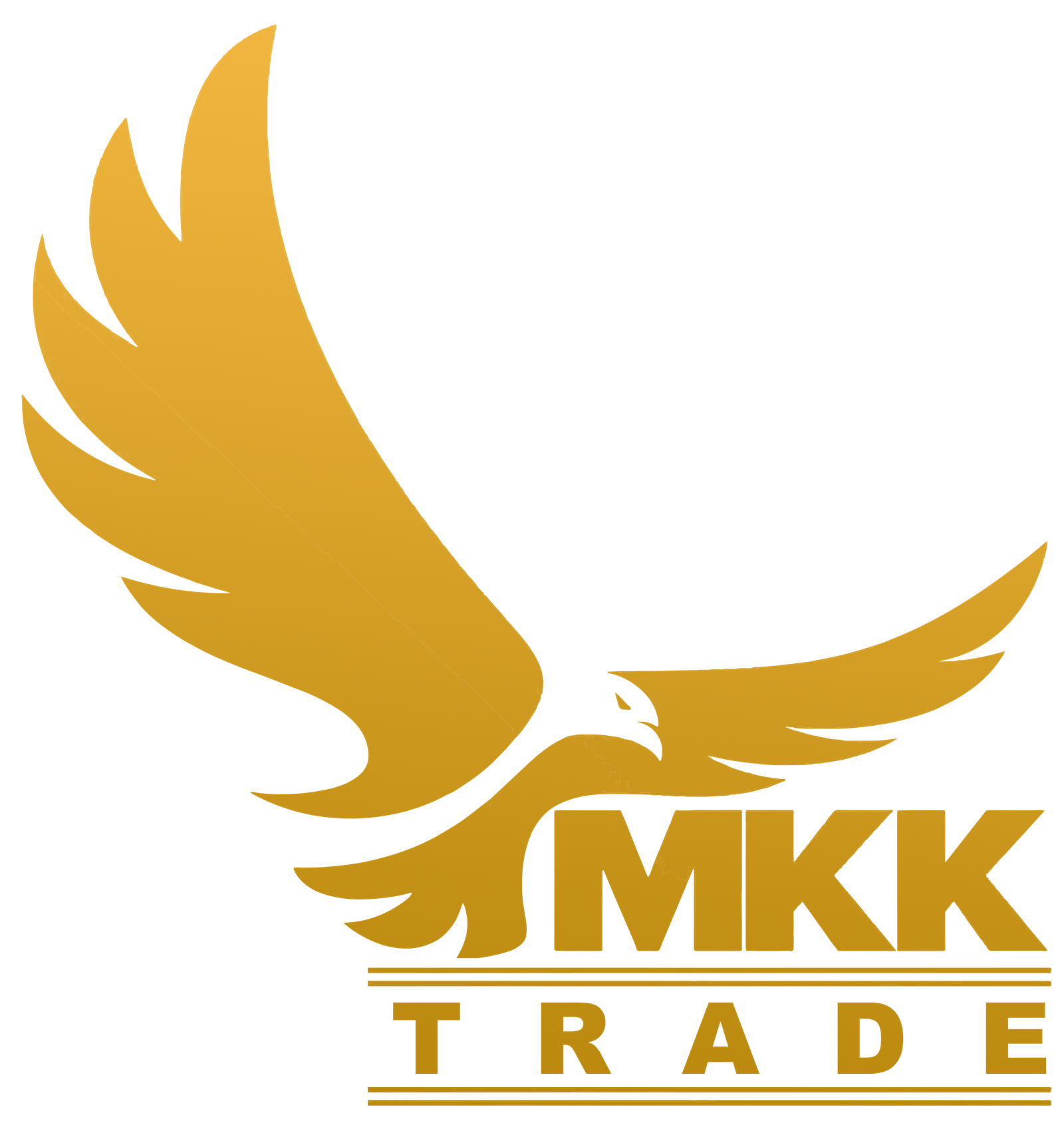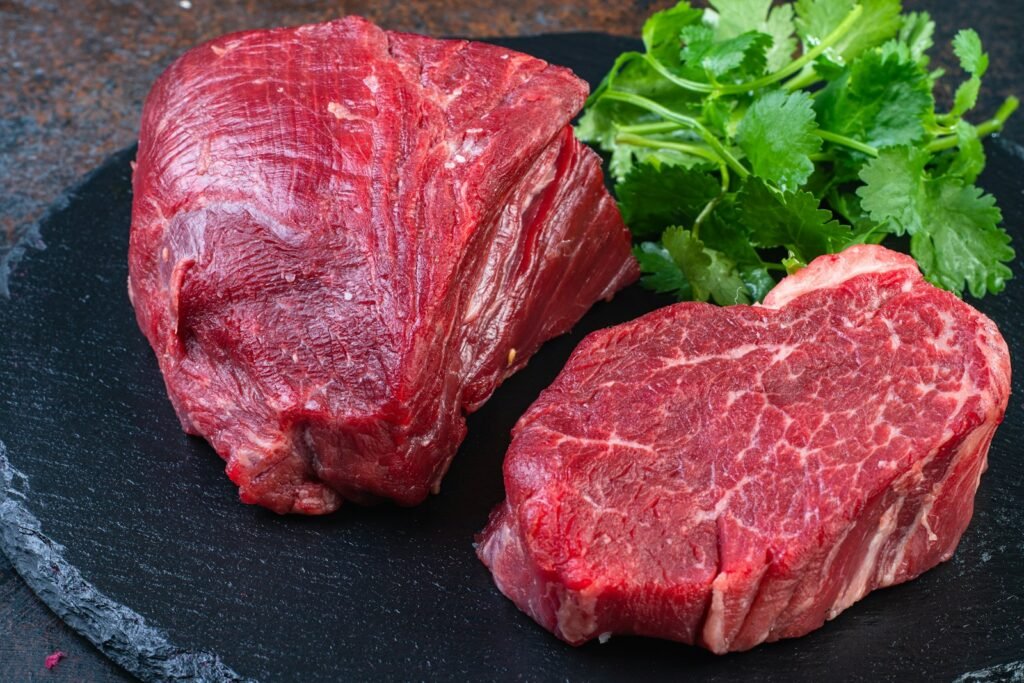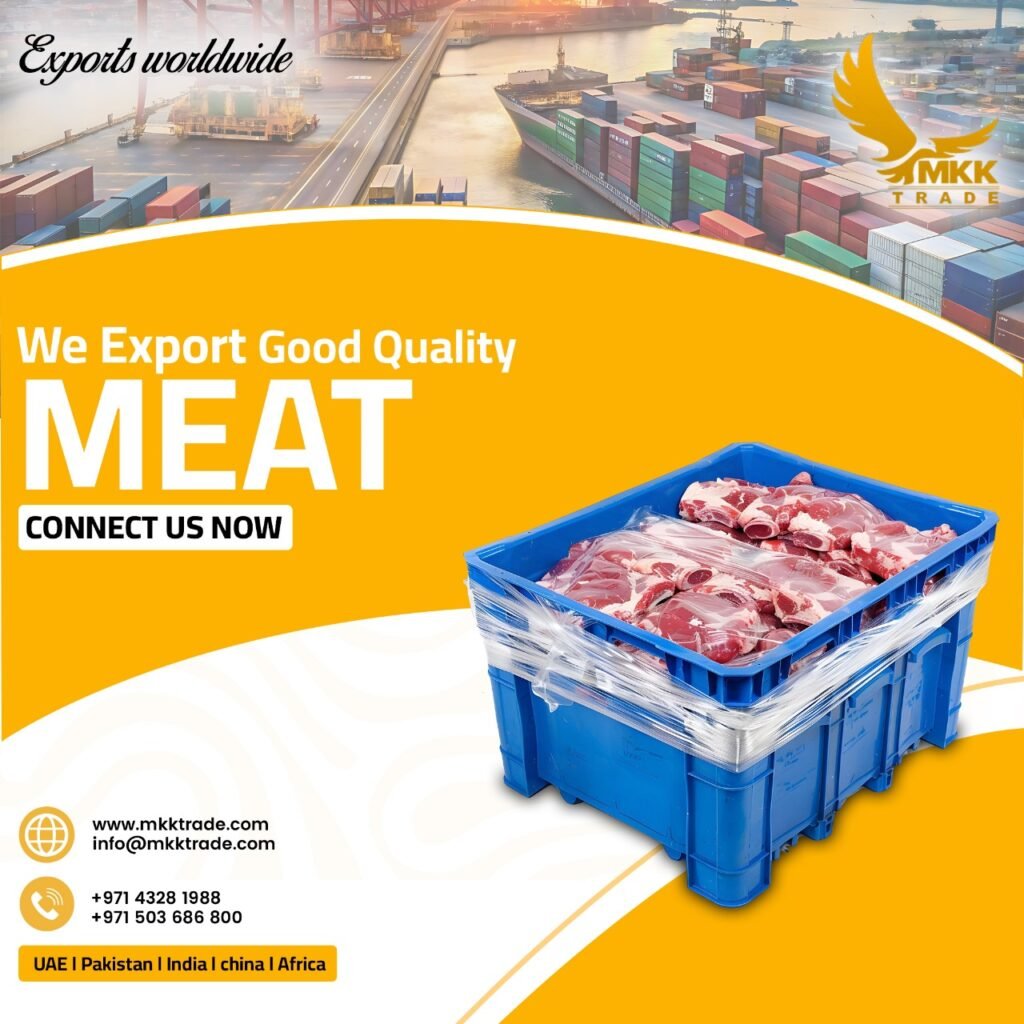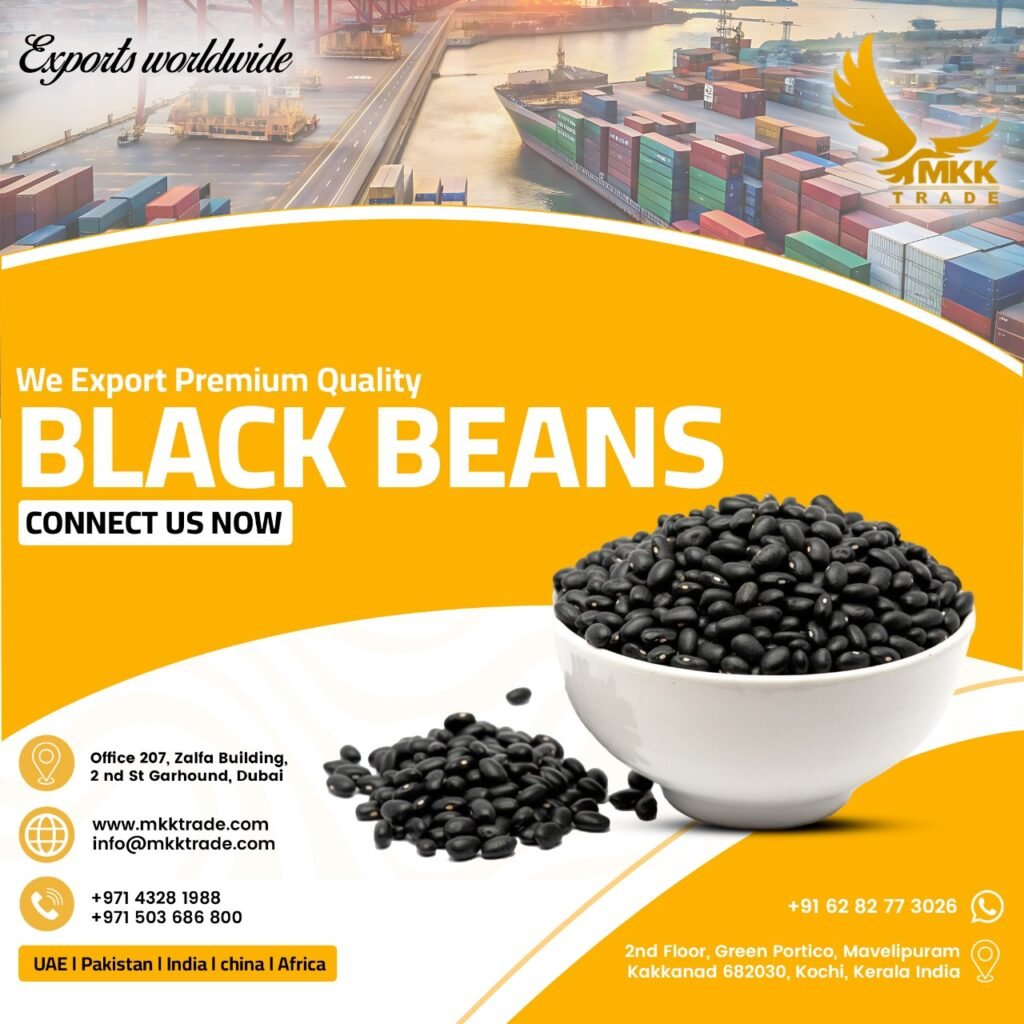Office #207-2nd Floor-ZALFA BUILDING-NEAR Jumeirah Creekside Hotel-Garhoud -Dubai UAE
Beef is one of the most nutrient-dense foods available, offering an array of essential nutrients that contribute to overall health and well-being. It is an excellent source of high-quality protein, vital for building and repairing tissues, supporting immune function, and maintaining bodily processes. The protein found in beef contains all nine essential amino acids, making it a complete protein that is easily absorbed and utilized by the body. This quality makes beef especially beneficial for individuals aiming to build muscle mass, recover from injuries, or maintain a healthy weight. Its satiating properties also help in weight management by reducing hunger and curbing overeating.
Rich in essential vitamins, beef supports a variety of bodily functions. It is particularly known for its high levels of vitamin B12, a nutrient critical for brain health, DNA synthesis, and the production of red blood cells. Other B vitamins in beef, such as B6, riboflavin, and niacin, play vital roles in energy production, immune support, and the maintenance of healthy skin and nerves. Additionally, beef contains folate, which is essential for cell growth and DNA formation, making it particularly important for pregnant individuals. These vitamins collectively contribute to improved energy levels, mental clarity, and overall physical health.
Beef also provides essential minerals that are crucial for growth and development. It is a rich source of heme iron, the form of iron most easily absorbed by the body, which helps prevent and treat iron deficiency anemia. Zinc, another mineral abundant in beef, supports immune function, wound healing, and DNA synthesis, while phosphorus contributes to strong bones and teeth. Selenium, present in smaller amounts, acts as an antioxidant, protecting cells from damage and supporting thyroid health. Together, these minerals enhance the body’s resilience and functionality, making beef a key component of a nutrient-rich diet.
In addition to its vitamins and minerals, beef contains beneficial fats that contribute to sustained energy and overall health. While the fat content varies by cut, beef provides monounsaturated fats, which are known to support heart health by reducing bad cholesterol levels. Grass-fed beef is particularly rich in omega-3 fatty acids, which promote brain function and cardiovascular health. It also contains conjugated linoleic acid (CLA), a naturally occurring fatty acid that has been associated with reduced body fat and improved metabolic health. When consumed as part of a balanced diet, these fats provide long-lasting energy and support the body’s nutritional needs.
Beef’s nutrient profile makes it particularly valuable for cognitive and physical health. Its high levels of vitamin B12, iron, and zinc work together to support brain function, memory, and concentration. These nutrients are crucial for children, adolescents, and older adults, who are often at higher risk of deficiencies. The protein and amino acids in beef are equally important for maintaining muscle strength and physical performance, particularly as individuals age. This makes beef an essential food for those seeking to maintain an active lifestyle and promote longevity.
Another significant benefit of beef is its role in supporting the immune system. Zinc and selenium, found in abundance, are critical for immune cell production and protection against oxidative stress. These nutrients ensure that the body can effectively fight infections and recover from illnesses, making beef a practical choice for enhancing overall immunity. Additionally, the phosphorus and protein in beef contribute to bone density and health, reducing the risk of conditions like osteoporosis and ensuring structural strength throughout life.
Beef is also incredibly versatile, making it easy to incorporate into a healthy, balanced diet. Whether as lean cuts such as sirloin or tenderloin, or nutrient-packed organ meats like liver, beef offers diverse options to suit various tastes and nutritional needs. It pairs well with vegetables, whole grains, and healthy fats to create complete, satisfying meals that are both delicious and nourishing. By including beef in their diets, individuals can enjoy its rich flavor while reaping its significant health benefits.
beef is a powerhouse of nutrition that plays a vital role in maintaining health and vitality. Its abundance of high-quality protein, essential vitamins, and minerals supports everything from muscle growth and brain function to immune health and energy production. When consumed in moderation and as part of a varied diet, beef provides a valuable source of nutrients that contribute to long-term wellness and improved quality of life.




